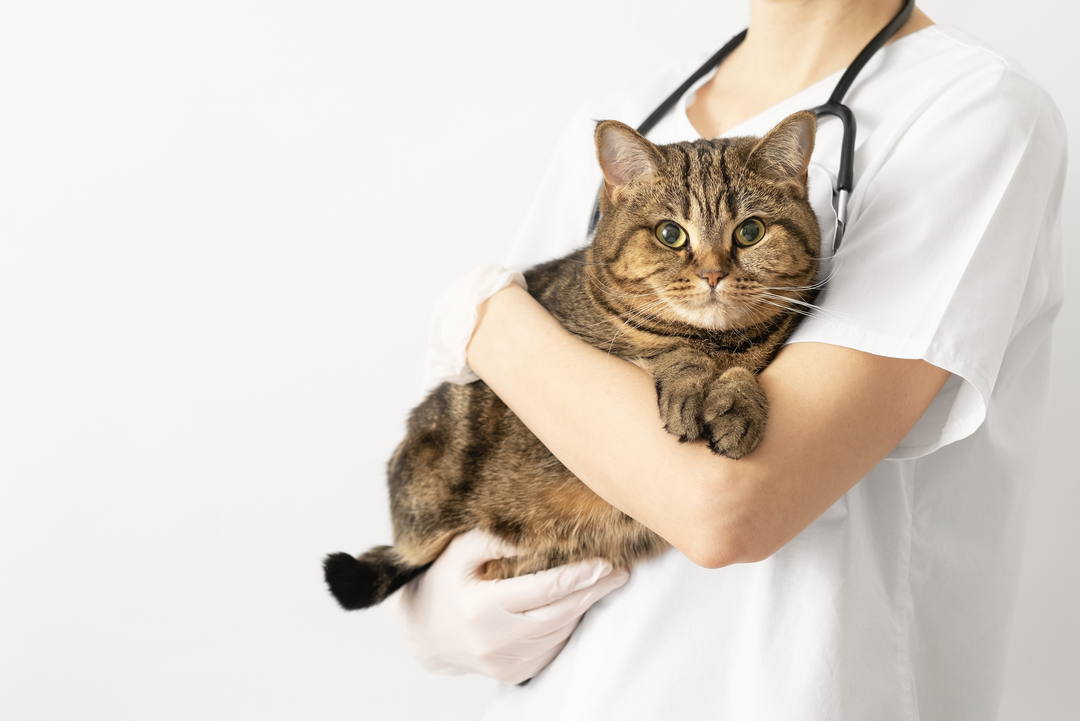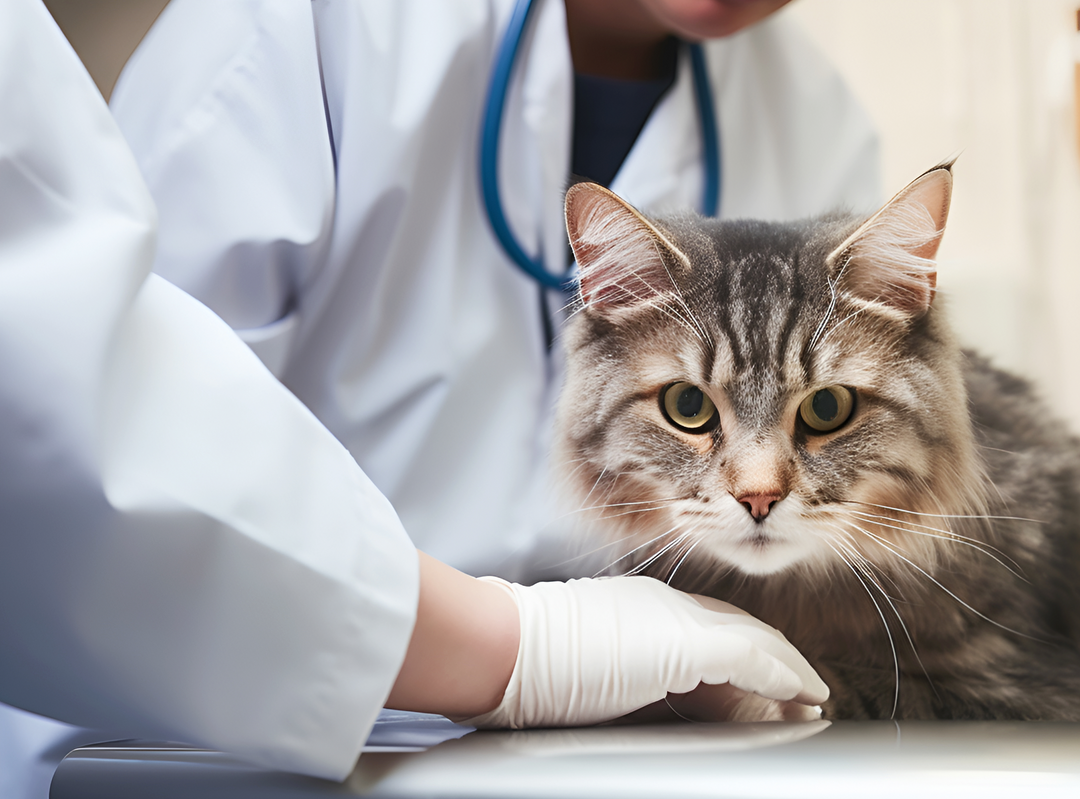What will you know from the test?
1. The head to tail clinical examination will allow us to check if your cat is of a healthy weight and body condition, allow us to identify obvious health issues such as dental or ear disease, and make sure their heart and lungs sound healthy.
2. The Procyte Complete Blood Count checks your cat's red blood cells, white blood cells and platelets. An abnormal reading usually indicates an underlying concern such as an infection or clotting disorder.
3. The Catalyst CHEM15 test checks kidney function, liver screen, glucose, blood proteins, cholesterol and calcium levels.
4. SDMA test is a more sensitive marker specifically for kidney function, and may detect kidney disease earlier on, which will allow better and earlier management of the condition.
5. The Catalyst LYTE4 (Senior Wellness Check) tests the electrolyte levels in your cat. These levels can be altered by certain health conditions and indicate the existence of those conditions to be corrected.
6. Urinalysis (Senior Wellness Check) is an important check of kidney function, and allows the vet to assess the kidneys' concentrating ability, whether or not there is proteins in the urine or any other abnormalities, which might warrant further investigations.
Detect diseases that can affect your cat from an early age, allowing for earlier intervention which can prolong and improve their quality of life.
Abnormal blood readings may indicate an underlying health condition such as an infection or clotting disorder. An in-depth screen of the liver, cholesterol and calcium readings with a more sensitive marker specifically for kidney function may detect kidney disease earlier on, which will allow for better and earlier management of the condition.
Cats are more likely to develop health conditions and illnesses which need treatment as they get older. The earlier we diagnose these conditions, the quicker we can intervene and improve the quality of life for your cat. Get a clear indication of your cat's health with comprehensive screening of the blood, liver, cholesterol, calcium and kidney functions. Additional electrolytes and urinalysis is an important part of accessing the kidneys' concentrating ability, and whether or not there is protein or other abnormalities in the urine which might warrant further investigations.







